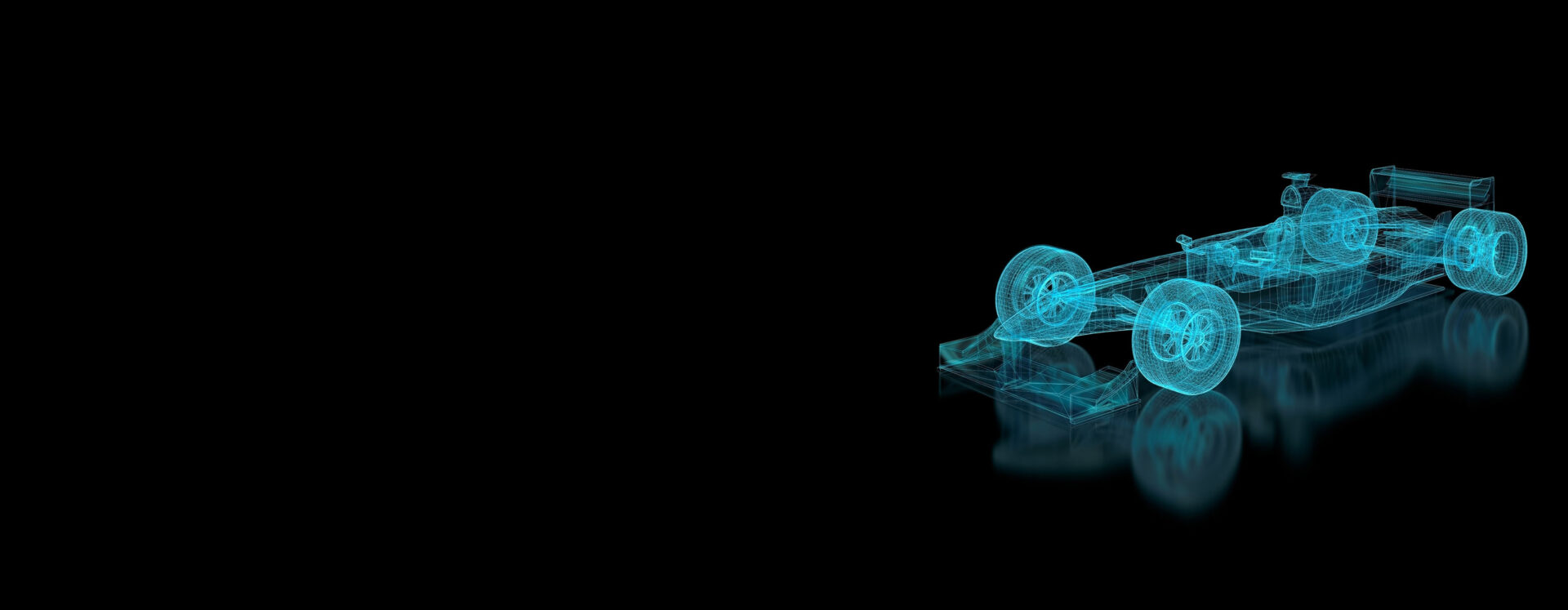
Formula One motor firms are becoming textbook cases in how to successfully branch into other sectors
The new Formula One season has kicked off with the Australian Grand Prix. Like every year, there are changes afoot: new drivers, tweaks in vehicle aerodynamics, revised rules and regulations. But behind the scenes, another transformation is taking place. In both the UK Motorsport Valley and the Italian Motor Valley – the two regions where the main players are clustered – companies have been reinventing themselves for the digital era and selling their tech know-how to other sectors.
Formula One race cars are the most technologically advanced cars in existence. Every car is equipped with 120 sensors which generate over a million pieces of information every second. This torrent of data, flowing from cars to pits, allows teams to adapt their racing strategy in real time, and is key to winning races.
The focus on processing data has turned the likes of the UK’s McLaren into a specialist in the field. McLaren was quick to make data central to the whole company, alongside the engineering expertise involved in building race cars. It set up McLaren Applied Technologies around a decade ago to sell its knowledge to other sectors, having already been successfully selling equipment to other motorsport players – McLaren has supplied electronic control units to every Formula One team since 1993, for instance.
McLaren Applied Technologies is in healthcare, for example, where it has developed sensors for implanting in patients who have suffered strokes, are recovering from surgery, or risk developing diabetes. These sensors collect health data for doctors to craft more personal, tailored treatments. The information is processed by wearable devices using algorithms, negating the need to upload it to a server first – which drains batteries.
McLaren originally developed these processing algorithms for units on board race cars, since under motorsport rules, sensor data can’t be sent back from the garage to the car during a race. Using similar transferable ideas, Applied Technologies is also involved in everything from train Wi-Fi facilities to optimizing air-traffic control to performance enhancement for elite athletes.
Italy-based Dallara Automobili is another motorsport company branching into new areas. Though not a household name, Dallara has almost a monopoly in supplying motorsport chassis to clients including Ferrari, Haas, Maserati, Bugatti, Honda, Lancia and Renault.
Like McLaren, Dallara’s move beyond motorsport coincided with an internal digital transformation. Much of this has been linked to the virtual process Dallara developed for testing chassis. Where the company used to endlessly test prototypes on race tracks and wind tunnels, now it models a car’s surroundings using supercomputers that accurately simulate weather and track conditions. Where testing used to take three years, it now takes closer to nine months.
Research Information & Knowledge Hub for additional information on IMD publications
The emergence of AI agents and agentic systems represents a significant milestone in artificial intelligence, enabling autonomous systems to operate, learn, and collaborate in complex environments with minimal human intervention. This paper, drawi...
In today's workplace, the proliferation of digital technologies has transformed work tasks but also led to technostress. This stress, associated with technology use, negatively impacts employees' behavioral outcomes and performance. Despite these ...
Research Information & Knowledge Hub for additional information on IMD publications
in Journal of Computer Information Systems August 2025, vol. 65, no. 4, pp. 489-517, https://doi.org/10.1080/08874417.2025.2483832
Research Information & Knowledge Hub for additional information on IMD publications
Research Information & Knowledge Hub for additional information on IMD publications
Research Information & Knowledge Hub for additional information on IMD publications
Research Information & Knowledge Hub for additional information on IMD publications
Case reference: IMD-7-2642 ©2025
Research Information & Knowledge Hub for additional information on IMD publications
in Technological Forecasting and Social Change July 2025, vol. 2016, 124143, https://doi.org/10.1016/j.techfore.2025.124143
Research Information & Knowledge Hub for additional information on IMD publications
Research Information & Knowledge Hub for additional information on IMD publications
in I by IMD Brain Circuits 23 June 2025
Research Information & Knowledge Hub for additional information on IMD publications
in I by IMD
Research Information & Knowledge Hub for additional information on IMD publications





